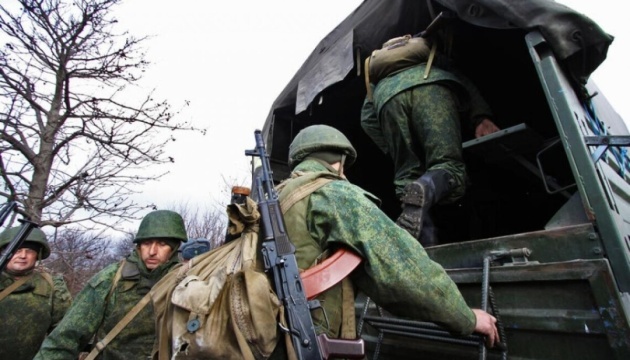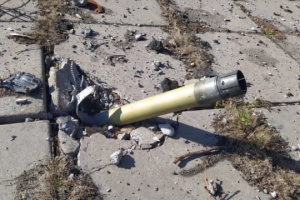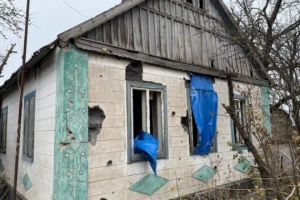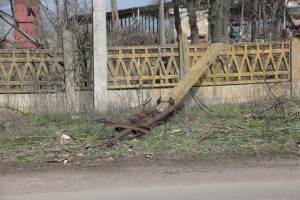
Russian reserves are not enough for offensive operations in several areas - ISW
According to Ukrinform, this is stated in a report by the Institute for the Study of War (ISW).
The ISW, citing Ukrainian military observer Kostyantyn Mashovets, notes that some of the 30,000 troops that Russia mobilises every month are arriving at the front as replacements and reinforcements for the combat forces, and that Russia's efforts to build up its armed forces have allowed Russian troops to create only limited operational and strategic reserves.
According to the expert, on average, each Russian operational grouping of troops receives between 1,000 and 1,500 soldiers per month as replacements or reinforcements, and can receive 2,000 if the grouping is responsible for intensifying offensive operations. There are six operational groups of Russian troops operating in and around Ukraine. This means, as Mashovets suggests, that Russian troops receive a total of 6,000 to 12,000 new soldiers every month.
The military observer believes that over the past six to eight months, Russian forces have accumulated at most 60,000 people in operational and strategic reserves. The ISW suggests that the Russian army has not properly trained or equipped these reserves, which have previously been used primarily as manpower reserves to re-staff and reinforce units conducting offensive attacks.
According to ISW, these limited Russian operational and strategic level reserves are likely to be insufficient to support simultaneous large-scale offensives on several fronts.
"The Russian military command will likely be forced to choose one main action during the expected summer offensive if it intends to use these reserves to support a large-scale offensive," the Institute concluded.
As reported, at the end of May, Defence Minister Rustem Umerov said that Russia was preparing to deploy another 300,000 troops near the Ukrainian border.




